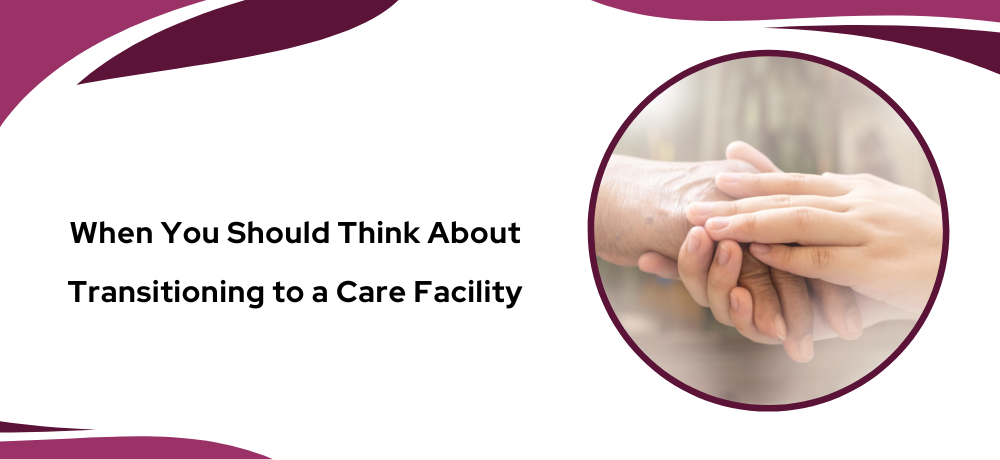
When You Should Think About Transitioning to a Care Facility
- Lavine LTC Benefits
Categories: Caregiving Plan , Home Care Services , Home Caregiving Services
As individuals and families age, the need for extended care might arise. Transitioning to a care facility is a significant decision that requires careful consideration. In this blog, we'll explore the signs indicating it might be time to consider transitioning to a care facility in Gig Harbor, Washington.
Health and Safety Needs:
As physical health declines or chronic medical conditions worsen, the level of care required might exceed what can be provided at home. Care facilities such as nursing homes or specialized memory care units can offer skilled medical attention, regular monitoring, and specialized care plans tailored to the individual's health needs. Additionally, facilities are often equipped with medical equipment and staff trained to handle emergencies, providing a safer environment for those with complex health conditions.
Support Network:
While family and friends play a crucial role in caregiving, their availability and capacity might be limited due to other responsibilities or geographic distance. If caregiving becomes overwhelming or too demanding for the support network, transitioning to a care facility can ensure consistent and professional care. The facility's staff can assist with activities of daily living (ADLs) and medical needs, alleviating the burden on family caregivers.
Daily Activities and Independence:
The inability to perform routine tasks independently can lead to frustration, decreased self-esteem, and compromised hygiene. Care facilities offer help with ADLs, ensuring that individuals maintain their dignity and quality of life. Trained caregivers can assist with bathing, dressing, medication management, and meal preparation. This assistance promotes independence while ensuring that essential activities are performed safely.
Social Interaction:
Social isolation and loneliness can have severe negative effects on mental and emotional well-being, particularly for seniors. Care facilities provide a structured environment with communal areas and scheduled activities encouraging social interaction. Engaging with peers in similar life stages can lead to new friendships, improved mood, and a sense of belonging, combating the negative effects of isolation often experienced at home.
Financial and Practical Considerations:
Transitioning to a care facility involves financial implications that should be carefully considered. Costs can vary based on the type of facility, location, and level of care required. It's essential to assess whether available resources, such as savings, long-term care insurance, or government assistance programs, can cover these costs. Additionally, care facilities handle practical aspects like meal preparation, housekeeping, and transportation, potentially eliminating the need for home maintenance and other expenses associated with living independently.
The decision to transition to a care facility is a significant step that requires careful planning and consideration. At Lavine LTC Benefits, we specialize in helping individuals and families in Gig Harbor, Washington, and surrounding areas, navigate this vital transition. Our expertise in long-term care insurance, planning, and Washington state benefits can guide you through the process, ensuring you make an informed decision that aligns with your needs and preferences.
Our services are available in all of Washington State, Arizona, Nevada, Oregon, California, New Mexico, and Colorado.
Get in touch with Lavine LTC Benefits today!
To learn more about the services we offer, please click here. To contact us, please click here or call us at (253) 275-6091.
